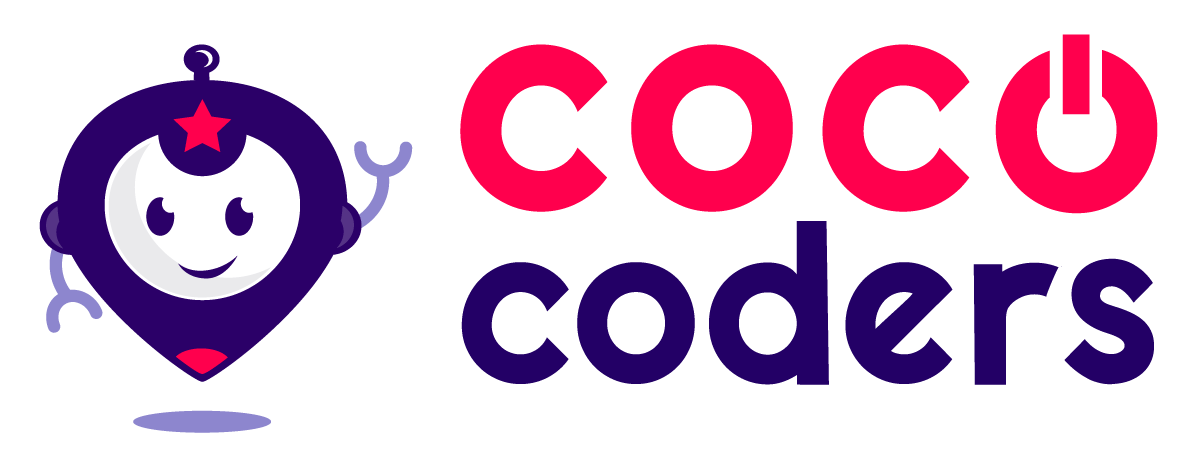The Coding Advantage: Why Kids Should Spend Time on Screens Learning to Code
In today's digital age, children are growing up in a world where technology plays an increasingly significant role in every aspect of their lives.
While excessive screen time has raised concerns among parents and educators, there is one screen-based activity that has proven to be not only beneficial but also essential for the future: learning to code. In this article, we’ll explore why kids should spend some time on screens learning to code and how it can be a valuable skill that benefits them in numerous ways.
Fostering Problem-Solving Skills
Coding is essentially the art of solving problems using a computer. When kids learn to code, they develop critical thinking and problem-solving skills. They break down complex problems into smaller, more manageable parts and use logical thinking to create step-by-step solutions. These problem-solving skills extend beyond coding and can be applied to various real-life situations, helping children become more resourceful and confident when facing challenges.
Promoting Creativity
Coding is a creative endeavor that allows kids to bring their ideas to life. When they write code to create animations, games, or interactive stories, they learn how to express their creativity through technology. This process encourages them to think outside the box, experiment with different solutions, and develop their own unique projects, fostering creativity and innovation.
Enhancing Math and Science Skills
Coding is closely tied to mathematics and science. It requires an understanding of concepts like logic, geometry, and algebra. As kids write code, they naturally develop their math and science skills in a practical context. This can improve their performance in these subjects at school and open doors to STEM (Science, Technology, Engineering, and Mathematics) careers in the future. See ‘3 Ways Coding Helps Kids Learn Mathematics’.
Building a Foundation for the Future
In a world increasingly driven by technology, coding is a foundational skill. It's the language of the digital age. By learning to code, children gain a deeper understanding of how the technology they use every day works. This knowledge equips them with the ability to adapt to new technologies and even create their own solutions, making them well-prepared for the job market of tomorrow.
Fostering Collaboration and Communication
Coding is often a collaborative activity, as programmers work together on complex projects. Learning to code teaches kids how to work in teams, communicate effectively, and share ideas. These social skills are invaluable in today's interconnected world and are applicable to many aspects of life, from school projects to future careers.
Boosting Confidence and Resilience
Coding can be challenging, but it also provides opportunities for kids to experience success through perseverance. When children encounter bugs or errors in their code, they learn to troubleshoot and debug, which can be frustrating but ultimately rewarding. This process of trial and error builds resilience and boosts their confidence as they overcome obstacles.
Fostering Digital Literacy and Responsibility
In addition to coding skills, kids also develop digital literacy through coding. They learn about internet safety, data privacy, and responsible online behavior. This knowledge is essential for navigating the digital world safely and responsibly.
Conclusion
Incorporating coding into your child's screen time is a wise choice that offers numerous benefits. From enhancing problem-solving skills to fostering creativity and preparing them for future careers, learning to code is an investment in their future. Moreover, it promotes essential skills like collaboration, communication, and digital literacy.



